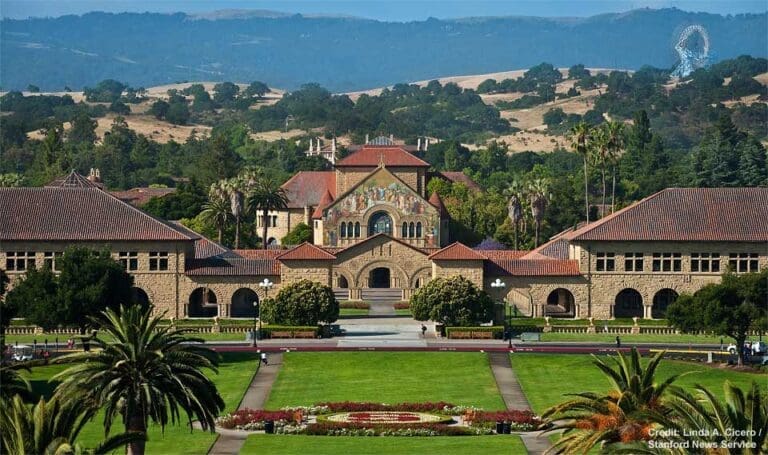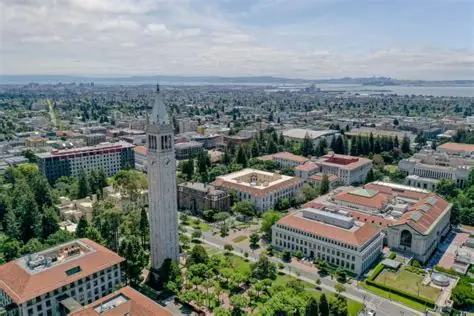
Alternative US Colleges to Consider in your Search
Ever thought of attending a university where you don’t receive letter grades, but instead narrative evaluations from your professors, or one where you get to voice your opinion without thinking twice?
Introducing ‘Alternative Colleges’. Unknown to most international students, the student body from these colleges welcome students from all ethnicities, races, gender, sexuality with open arms. These colleges are non-conforming and follow uniquely designed curriculums, that can only be termed ‘liberal’ and ‘liberating’.
Here’s a list of colleges you could consider:
1) Pitzer College, California
Part of the Claremont Consortium, Pitzer is one of the most reputed alternative colleges. A small liberal arts college with just over 1,000 undergraduate students, it is known for its “progressive thought, social responsibility, environmental sustainability, and open social attitude.”
Pitzer is the first in the country to offer a Secular Studies major, which includes courses on God, Darwin, and Design. The community government makes decisions on faculty promotion and curriculum. Individualism is treasured here, sometimes fiercely. In the 1970s, Pitzer students saved a California craftsman-style house from a wrecking ball and moved its pieces to campus. It now serves as a study space and restaurant for students.
2) Oberlin, Ohio
Named as the college that invented non-conformity, you’ll find the annual Drag Ball an experience. It is the first college to accept women and minorities. Oberlin Conservatory of Music is one of the best performance schools. EXCO, the Experimental College offers townspeople and students the chance to learn together. You will find students talking about anything ranging from Japanese woodblock prints to Russian cinema. Social activism is huge. Oberlin College and Conservatory
3) Hampshire College, New York
Students design their own interdisciplinary concentrations and projects. Part of the five-college consortium with Amherst College, UMass Amherst, Smith College, and Mount Holyoke. The Kern Center looks into building environmental sustainability, making the campus 100% solar-run. The best part is that you don’t get graded on your exams, instead, your professors provide you with ‘narrative evaluations’ (written evaluations and critiques). Along similar lines, students don’t give tests but are expected to submit portfolios, evaluations, and self-reflections on academic development. No wonder they refuse to accept SAT/ACT scores.
The most unique feature of this college is the ‘Division System’ which ensures that there are as many curricula as students, on campus, each one curating their own with the help of faculty advising. Hampshire College | Hampshire College
4) Sarah Lawrence, New York
For those who love writing, Sarah Lawrence is the place to be. You’ll get a ‘don’, a professor specifically assigned to mentor you through your college years. Academics are mostly independently procured, so you’ll need to be self-driven and independent. Writing, Literature, Visual Arts, Filmmaking, and Psychology are popular majors. They have a great premed program along with strengths in the CS department. Professors meet their designated students weekly or biweekly following Oxford University’s tutorial system, ensuring students don’t fall behind. ‘Conference Work’, or research is nearly done by all students under the supervision of their ‘don’. SL is high on student activism and you’d rarely ever meet a conservative on campus. Welcome to Sarah Lawrence College
5) Reed College, Oregon
Quirky intellectualism – two words that describe Reed students. Steve Jobs attended a semester here before dropping out and going ahead to found Apple.
It follows the Honors Principle, similar to Quaker colleges. Students receive lengthy commentaries in the form of evaluations. Has the highest percentage of grads from a liberal arts college opting for PhDs in the future.
‘The Multicultural Resource Center’ celebrates student and teacher diversity through events, lectures, etc. There are six ‘language houses’ and each gets a native speaker. ‘Paideia’ is a weeklong program of non-credit, alternative classes such as how to speak with a French accent to the history of Batman. Tons of students participate in SEEDS (Students for Education, Empowerment, and Direct Service). Reed College
6) Bard College, New York
Known for its non-conformism, freshmen arrive three weeks before classes start for a ‘Workshop in Language and Thinking’. ‘Citizen Science’ is a unique 3-week workshop where students learn about topics like infectious diseases and teach these to the students in local schools. Bard conducts ‘Moderation’, a performance review in the middle of the year, where a panel of professors assesses and provides feedback. Photography is the toughest major to get into but is also known for programs like Languages and Literature, Visual and Performing Arts, Human Rights, CS, Biology (similar to Sarah Lawrence).
Students can also devise their syllabus from their tutorial and find a professor to sponsor it. Also, Bard allows you to take an Entrance Examination where students demonstrate their academic ability by submitting four 2500-word essays that get graded by profs.
Apart from these, other alternative colleges are Hamilton College, Occidental College, and Prescott College.
If you’d like to design your path, need extensive teacher support, love student activism, are non-conforming, or have unique interests, do consider these amazing alternative colleges where you’re driven to make a change!








